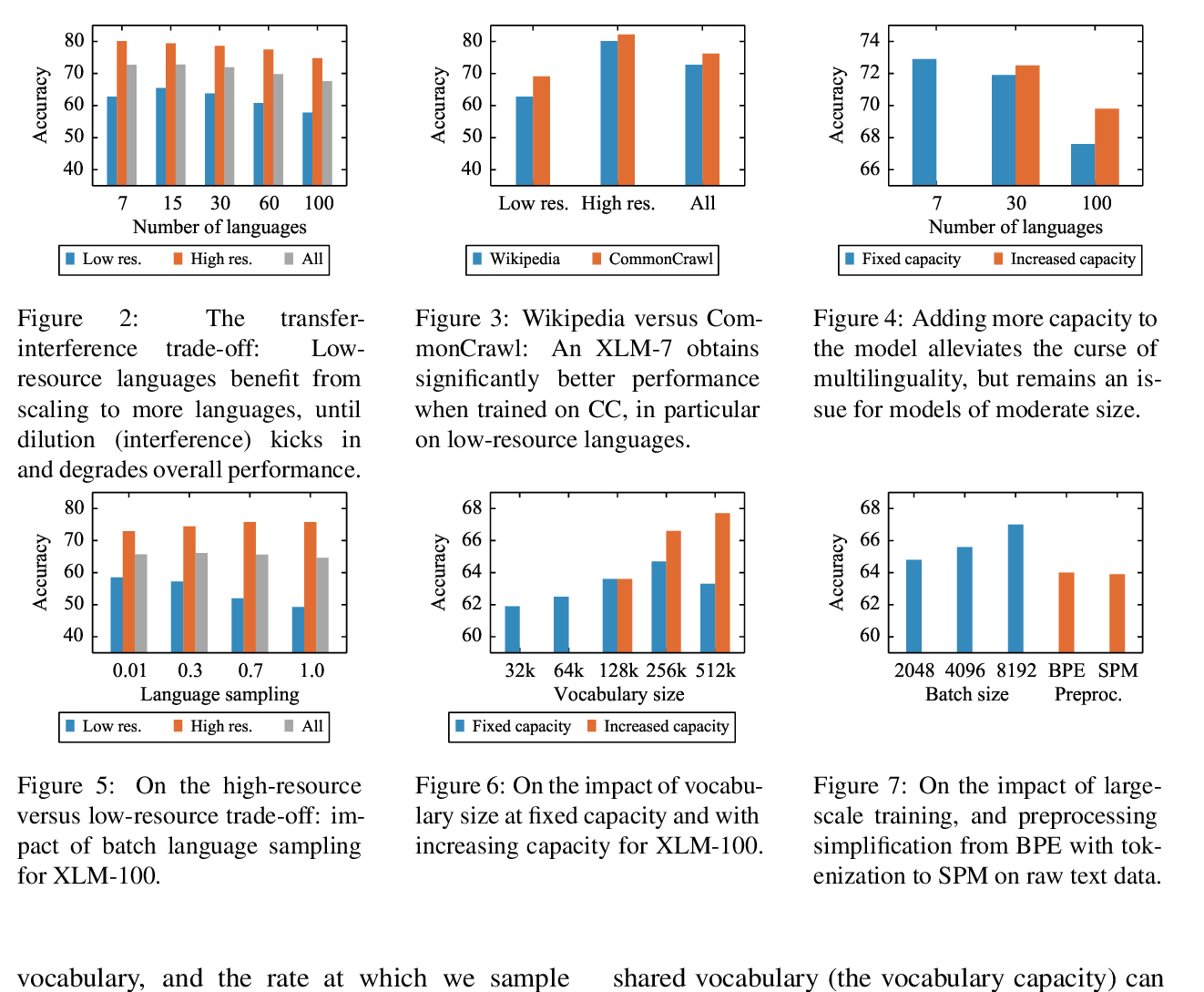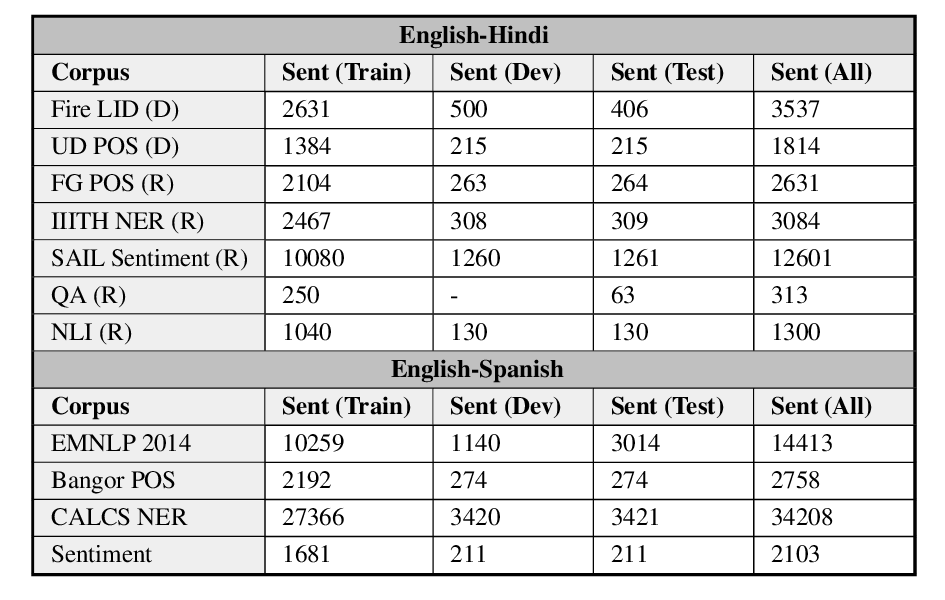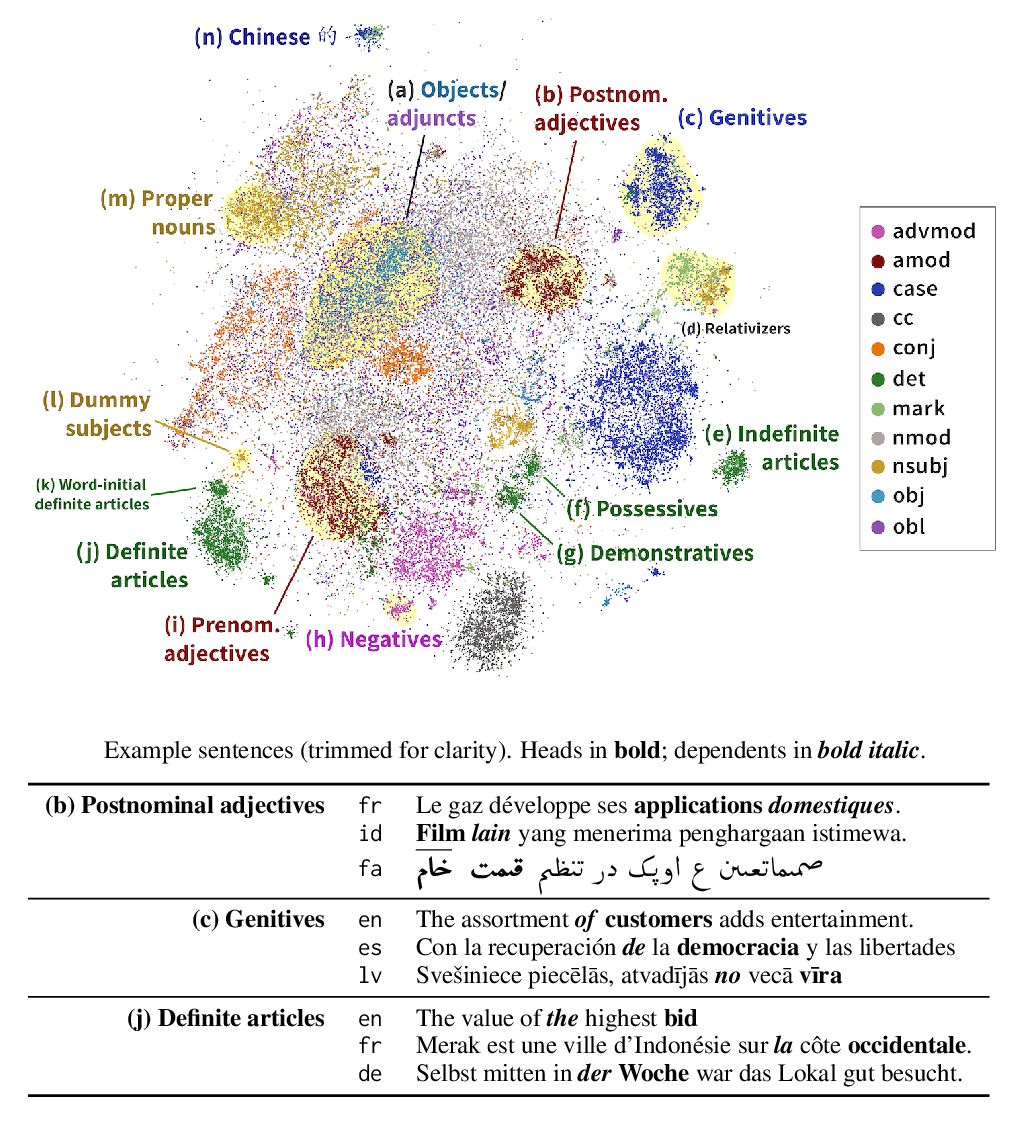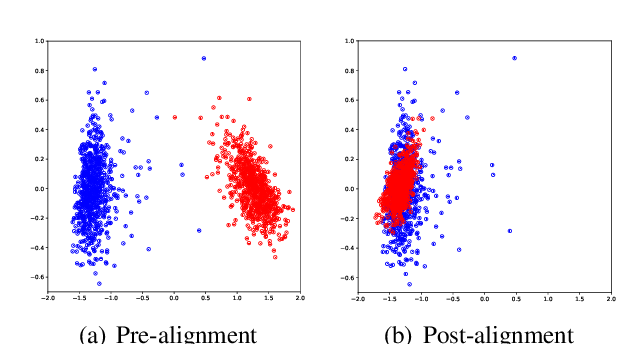On the Cross-lingual Transferability of Monolingual Representations
Mikel Artetxe, Sebastian Ruder, Dani Yogatama
Interpretability and Analysis of Models for NLP Long Paper
Session 8B: Jul 7
(13:00-14:00 GMT)

Session 9B: Jul 7
(18:00-19:00 GMT)

Abstract:
State-of-the-art unsupervised multilingual models (e.g., multilingual BERT) have been shown to generalize in a zero-shot cross-lingual setting. This generalization ability has been attributed to the use of a shared subword vocabulary and joint training across multiple languages giving rise to deep multilingual abstractions. We evaluate this hypothesis by designing an alternative approach that transfers a monolingual model to new languages at the lexical level. More concretely, we first train a transformer-based masked language model on one language, and transfer it to a new language by learning a new embedding matrix with the same masked language modeling objective, freezing parameters of all other layers. This approach does not rely on a shared vocabulary or joint training. However, we show that it is competitive with multilingual BERT on standard cross-lingual classification benchmarks and on a new Cross-lingual Question Answering Dataset (XQuAD). Our results contradict common beliefs of the basis of the generalization ability of multilingual models and suggest that deep monolingual models learn some abstractions that generalize across languages. We also release XQuAD as a more comprehensive cross-lingual benchmark, which comprises 240 paragraphs and 1190 question-answer pairs from SQuAD v1.1 translated into ten languages by professional translators.
You can open the
pre-recorded video
in a separate window.
NOTE: The SlidesLive video may display a random order of the authors.
The correct author list is shown at the top of this webpage.
Similar Papers
Unsupervised Cross-lingual Representation Learning at Scale
Alexis Conneau, Kartikay Khandelwal, Naman Goyal, Vishrav Chaudhary, Guillaume Wenzek, Francisco Guzmán, Edouard Grave, Myle Ott, Luke Zettlemoyer, Veselin Stoyanov,

GLUECoS: An Evaluation Benchmark for Code-Switched NLP
Simran Khanuja, Sandipan Dandapat, Anirudh Srinivasan, Sunayana Sitaram, Monojit Choudhury,

Finding Universal Grammatical Relations in Multilingual BERT
Ethan A. Chi, John Hewitt, Christopher D. Manning,

Jointly Learning to Align and Summarize for Neural Cross-Lingual Summarization
Yue Cao, Hui Liu, Xiaojun Wan,
